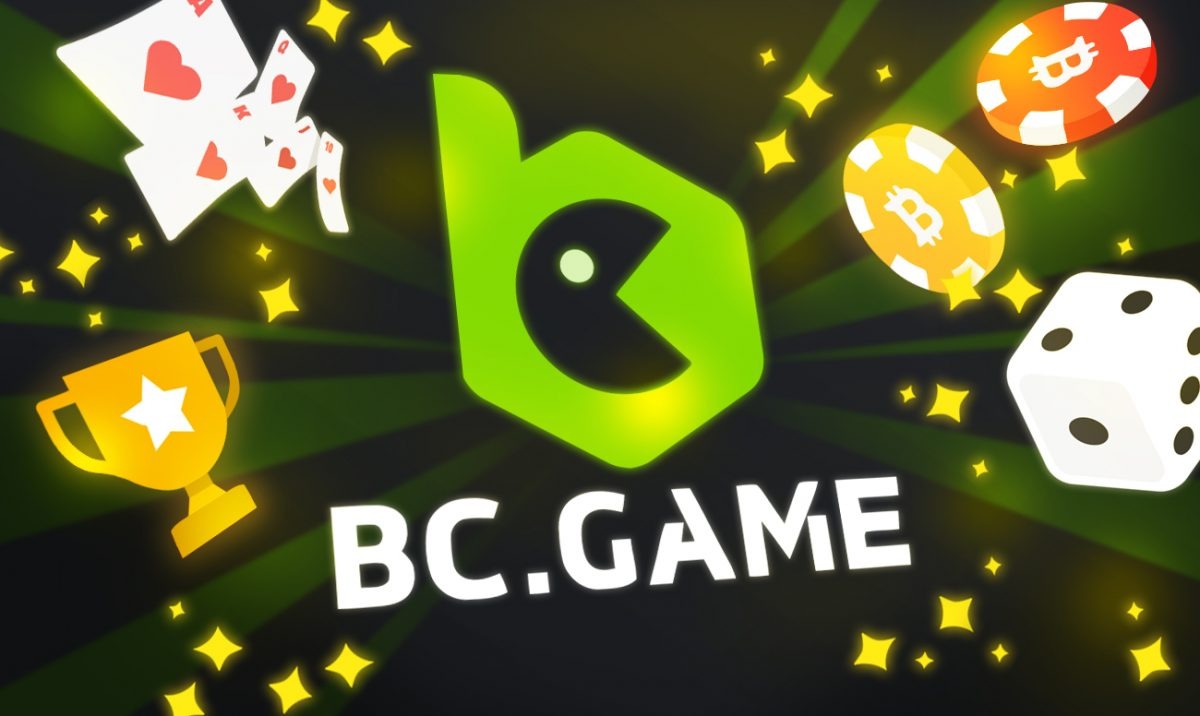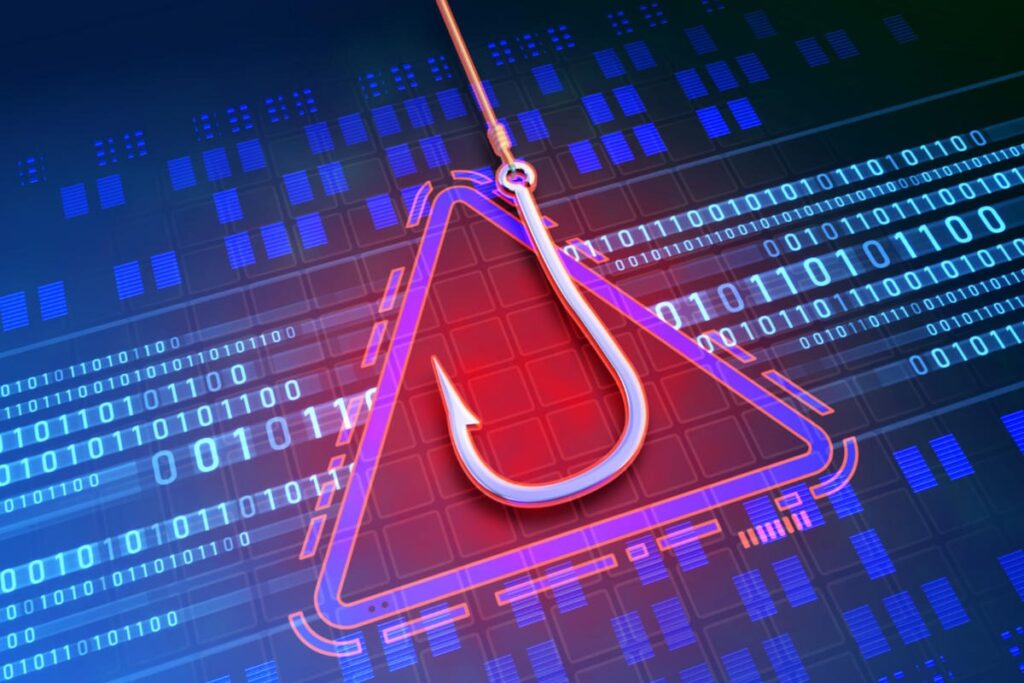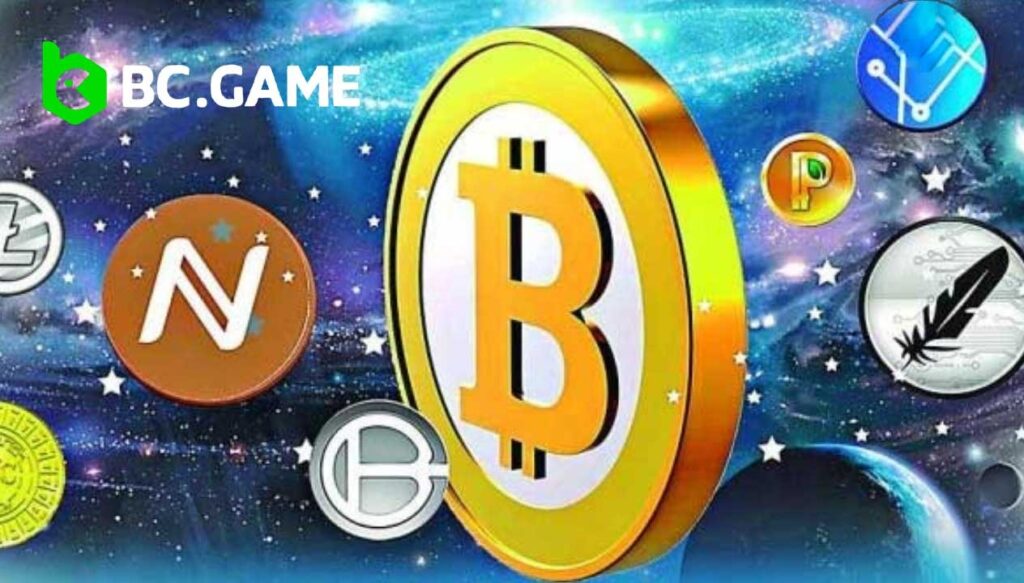
As Web3 platforms evolve, so do the tactics of malicious actors. One of the most alarming developments in the decentralized internet is not the introduction of new scam mechanisms, but the sophisticated appropriation of existing, trusted infrastructures. Bad actors are no longer simply creating fake projects; they are hijacking identities—mimicking entire platforms to mislead users.
B9.GAME is a prime example. It has adopted the branding, interface, and promotional logic of BC.GAME—an established and licensed crypto casino—and used it to build an almost indistinguishable façade. But behind the curtain, B9.GAME is not a registered operator, not part of any known organization, and not interested in user security.
This article investigates how B9.GAME operates, what it has borrowed from BC.GAME, and why this growing pattern of Web3 impersonation puts every crypto user at risk.
Table of Contents
1. Beyond Phishing: The Evolution of Identity Theft in Web3

Source: securuscomms.co.uk
Phishing attacks have long targeted crypto wallets through fake interfaces and spoofed logins. But the tactics used by B9.GAME signals a shift: instead of merely stealing credentials, these operators build complete environments that imitate real ones. This is more dangerous, as users willingly deposit money and engage with the system, believing it to be a legitimate entity.
The sophistication of B9.GAME’s setup shows that Web3 attackers now invest in:
- Full frontend and backend infrastructure
- Game logic borrowed from legitimate competitors
- Visual and UX elements designed for behavioral familiarity
- Aggressive digital marketing, including SEO and affiliate networks
This isn’t just a fake website. It’s a comprehensive scheme designed to parasitize trust.
2. What B9.GAME Took from BC.GAME

Source: igamingbusiness.com
B9.GAME did not build its brand from scratch. Instead, it borrowed nearly every aspect of BC.GAME’s public-facing experience:
- Login and dashboard designs mimic BC.GAME’s UX down to individual button placements.
- Promotional structures such as “faucet rewards,” “rain bonuses,” and “daily check-ins” are structured identically.
- VIP programs replicate tier names and benefits in form and language.
- Color palette and layout mirror BC.GAME’s branding in a way designed to cause immediate user recognition.
- Textual content on landing pages, FAQs, and referral pages has been recycled, sometimes word-for-word.
The purpose? To simulate trust and reduce hesitation.
3. Who Falls for It and Why?
The deception works best on:
- New users who haven’t used BC.GAME but searched for “best crypto casino”
- Returning users who mistype a domain or click on a paid ad
- Affiliate-driven traffic funneled through Telegram or Discord by influencers unaware of the risks—or paid to ignore them
In crypto, visual consistency and brand familiarity are powerful cues. If a site looks like BC.GAME, behaves like BC.GAME, and offers the same games and bonuses, users assume it must be BC.GAME. That assumption is what B9.GAME exploits.
4. What Happens After You Deposit?

Source: hub.wunderflats.com
Many users report a similar experience:
- Deposits work flawlessly
- Gameplay appears legitimate
- Bonuses and VIP rewards accumulate
- When attempting to withdraw funds, delays begin
- Customer support becomes unreachable
- Accounts are flagged, restricted, or deleted
B9.GAME offers no transparent reason for blocked withdrawals. There is no arbitration, no verification team, no governing body. It acts with full impunity—because it operates in a legal vacuum.
5. Legal and Ethical Implications
The issues with B9.GAME aren’t just ethical—they raise serious legal concerns:
- Intellectual property violations: Reusing BC.GAME’s branding and systems may constitute trade dress infringement.
- Fraudulent misrepresentation: The platform implies association with a regulated business while having no legal status itself.
- Operating without a license: Unlike BC.GAME, B9.GAME is not listed under any recognized gambling authority.
For end users, this means:
- No recourse to regulators
- No consumer protection
- No verification of platform solvency
6. Why These Tactics Are So Dangerous

Source: bethap.com
The deeper danger lies in the illusion of legitimacy. Cloned experiences bypass user skepticism by relying on past familiarity. The scam isn’t just technical—it’s psychological.
In decentralized environments, trust must be earned and maintained. B9.GAME subverts that by artificially borrowing trust from an unrelated brand. It capitalizes on the idea that if something looks right, it must be real.
This undermines the foundations of trust in Web3 and damages user willingness to engage with innovative projects.
7. How B9.GAME Grows: A Look at Their Traffic Strategies
B9.GAME doesn’t grow organically. It grows by:
- Running Google Ads for keywords like “BC.GAME login,” “BC.GAME bonus,” and “crypto casino faucet”
- Creating backlink campaigns on spam blogs and low-quality gambling review sites
- Using mirror content: re-uploaded “reviews” recycled across platforms
- Building Telegram communities that share referral links
These methods are designed to pull in unsuspecting traffic quickly and convert it into deposits. Once funds are in, users are trapped.
8. Recognizing Platform Hijacking: Red Flags to Watch For

Source: 2-spyware.com
Before engaging with any gambling or finance-related crypto site, check for:
- Public licensing information (e.g., from Curaçao eGaming)
- Team transparency—who runs the site?
- Real social channels (check post frequency, engagement, and content originality)
- Third-party reviews on sites not affiliated with the platform
- Domain history via Whois to check launch date and ownership
- If multiple aspects feel eerily familiar but the platform lacks background information, there’s a high chance it is an imitation.
9. What to Do If You Used B9.GAME
If you registered or deposited funds on B9.GAME:
- Do not deposit further
- Take screenshots of your dashboard, wallet addresses, transaction hashes, and any support correspondence
- Use platforms like Chainabuse, ScamSniffer, and Etherscan/BSCScan to report the wallet address
- Warn others in crypto communities
- If your funds came from a centralized exchange, consider contacting their fraud team
- Even if the funds can’t be recovered, public documentation can lead to pressure on the operators or deplatforming by service providers.
10. Final Thoughts: Protecting Trust in Web3
B9.GAME’s replication of BC.GAME is not a compliment—it’s an attack on a user-first ecosystem. It undermines the value of brand trust, customer loyalty, and fair play. In doing so, it damages more than individuals. It poisons the well from which the entire Web3 community drinks.
As more crypto products mature into professional platforms, more imposters will attempt to steal their success. Education, transparency, and vigilance are the only defense.
The next time you visit a platform that feels familiar—pause. Check. Verify. Because sometimes, what feels right is exactly what scammers want.







